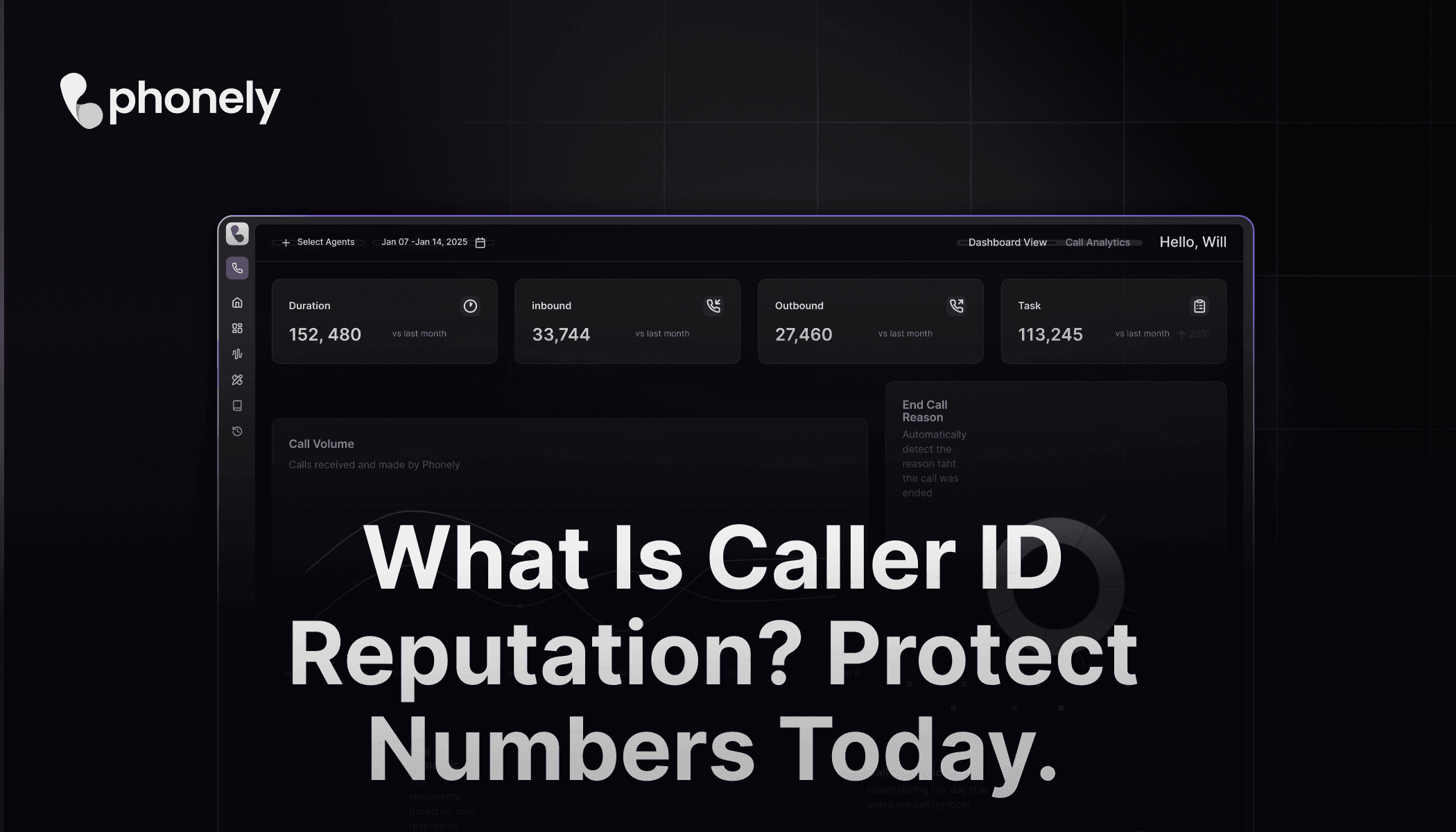Jun 7, 2024
Burnout has become a pervasive issue in modern workplaces, with far-reaching consequences on employee well-being and organizational productivity. In response, industries are increasingly turning to artificial intelligence (AI) as a means to alleviate this growing issue. This report delves into the various applications of AI in combating burnout, and hears from experts on the future role AI will play in tackling this epidemic.
AI in Healthcare: Easing the Burden at the Point of Care
In healthcare, AI is making significant strides in reducing the burden on professionals. Critical care teams in intensive care units (ICUs) face the challenge of managing vast volumes of data. AI has been instrumental in providing relevant insights at the point of care, thereby alleviating the information overload that contributes to burnout among healthcare workers (Source: Philips).
Furthermore, Amazon Web Services (AWS) introduced HealthScribe, a HIPAA-eligible service that utilizes speech recognition to assist healthcare providers in developing clinical applications, streamlining documentation, and reducing administrative tasks that often lead to burnout (Source: Forbes).
Meanwhile, front desk workers can be the unsung heroes and sufferers in healthcare. Handling customer care for people under enormous stress while performing repetitive administrative tasks. Already, voice based AI has been able to alleviate much of the customer care work by answering phones for front desk workers whilst executing administrative tasks.

Mental Health Support through AI
AI-powered mental health tools, such as those developed by Kintsugi, demonstrate the potential of AI in providing accessible mental health support. These tools alleviate the struggle of seeking help by offering a more immediate and personalized approach to mental health care, even when employers offer mental health services as benefits. (Source: Financial Times).
Systematic Organizational Change
McKinsey’s analysis suggests that high rates of burnout should be a warning sign for organizations to undergo systematic change. The integration of AI with forward-thinking Future of Work policies can help organizations rethink work in ways that align with both employee and employer goals. This synergy promises to mitigate burnout, improve engagement, and enhance productivity. (Source: Forbes).
Early Detection and Intervention
AI’s ability to analyze behavioral patterns, productivity, and communication is a powerful tool for detecting early signs of burnout. By identifying changes in work patterns and communication styles, AI enables timely interventions that are crucial in preventing severe burnout (Source: TopApps.AI).

Cost Reduction and Productivity Enhancement
Research indicates that adopting AI to simplify tasks can help hospitals cut costs by 5% to 11% over five years, while physician groups can achieve up to 8% savings. Consequently, AI increases productivity and reduces busy work that often leads to burnout, resulting in these savings. (Source: CNBC).
AI Tools and Workforce Effects
While AI tools can aid productivity and decrease busy work, the precise effects on the workforce are not fully predictable. It is crucial to consider how these tools are implemented and the broader implications for employees’ roles and job satisfaction (Source:BBC).
The Future of AI in Reducing Burnout
The work of AI in reducing burnout is just beginning. AI phone agents, such as those provided by Phonely, are already a common tool in health tech, helping professionals by taking on Administrative tasks and inbound calls, thereby reducing the risk of burnout.
Conclusion
In conclusion, AI’s role in combating burnout is multifaceted and growing. From supporting healthcare professionals with relevant insights to providing mental health support and enabling systematic organizational change, AI is proving to be an invaluable asset. Early detection of burnout signs and the reduction of administrative tasks are further evidence of AI’s positive impact. However, it is essential to approach the integration of AI with a nuanced understanding of its potential effects on the workforce. Continued research and thoughtful implementation of AI tools will be vital in realizing their full potential in the fight against burnout.
Want to learn more about Voice AI?
Jared
Solutions Engineer @ Phonely












